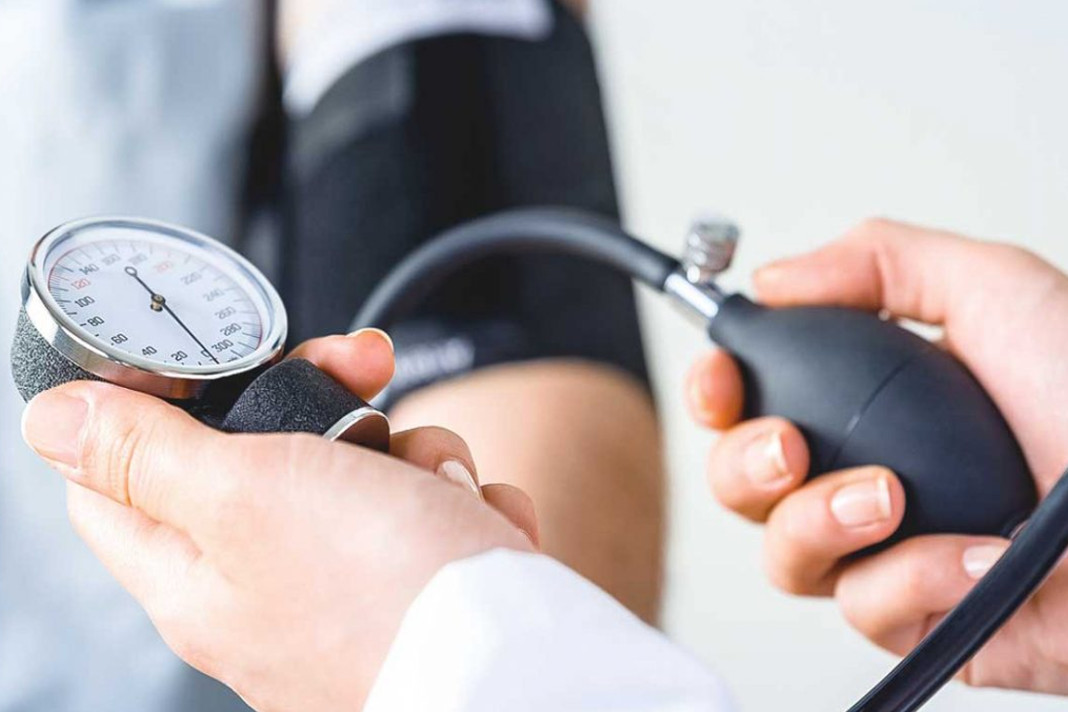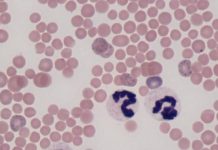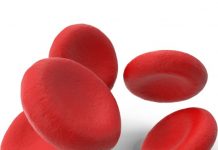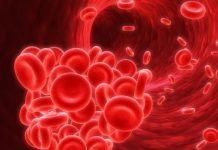Several nutrients play a key role in blood pressure regulation yet can often be overlooked by your doctor or nutritionist. There are many nutrient deficiencies which may lead to high blood pressure. There are many nutrients which play a very important role in regulating blood pressure. Here are four Nutritional Deficiencies which can maintain healthy blood pressure.

Following 4 nutrients is important for maintaining a healthy blood pressure.
- Coenzyme Q10
Several factors can deplete CO enzyme Q 10 levels overtime. Namely long term statin drug use, the current evidence indicates that CoQ10supplementation in those with high blood pressure may lower readings by up to 11mm Hg systolic and 7 mm Hg diastolic. CoQ10 acts as an antioxidant in our cells, it is generally made by our body itself but you can also include them by dietary source. CoQ10 appears to protect the blood vessels and enhance blood flow, which influences blood pressure. - Potassium
Potassium is a mineral that helps to regulate the electrical activity of the heart. Human trials consistently show that being deficient in potassium can raise blood pressure. Foods like potatoes, legumes, bananas, mushrooms, spinach are best sources of potassium.
In the perspective of blood pressure regulation and heart health, potassium works along with sodium to regulate the electrical activity of the heart. Being deficient in potassium intake can increase blood pressure. Correcting low potassium evidently lowers blood pressure in those with existing high blood pressure.
Fruits and vegetables are the chief sources of potassium in our diet. Things like bananas, potatoes, mushrooms, legumes, and spinach are the best choices. Grains and rice, even whole grains cannot compete with the potassium in root vegetables or other vegetables. - Magnesium
A magnesium defense is strongly linked with elevated blood pressure. This remains true regardless if you are overweight or not. Several tasty foods are brilliant sources of magnesium, such as almonds cashews and spinach.Magnesium is a significant mineral involved in more than 300 physical procedures. Regulating blood pressure is one of the most protruding. Magnesium deficiency is strongly linked with elevated blood pressure. This remains correct regardless if you are overweight or not. Magnesium-rich foods are a healthy addition to any diet. Numerous delicious foods are excellent sources of Magnesium like cashews, almonds, and spinach with one cup of these providing your daily requirements.
- Omega-3 Fats
Omega 3 fats are a type of dietary fat that is extremely beneficial to human cardiovascular health. Fish oil supplements are a concentrated source, with studies proving them to be an effective treatment for high blood pressure.Omega-3 fats are a kind of nutritional fat that is tremendously beneficial to human cardiovascular health.The finest source of Omega-3 fats is fatty fish species such as salmon, tuna, and mackerel. Fish oil supplements are also an intense source, which is proved to be an effective treatment for high blood pressure. The best way to guarantee that you are not deficient in Omega-3 fats is by eating more fatty fish. If fish is difficult to access in your situation, fish oil supplements are an effective and often more affordable alternative.













